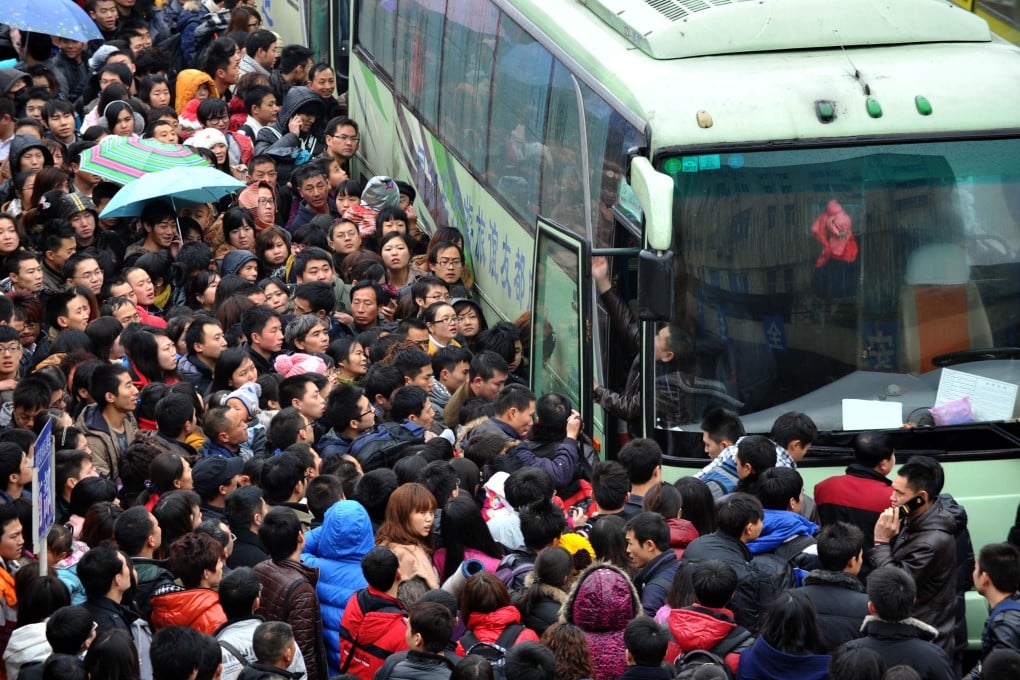Chinese ride-hailing app Didi Kuaidi shifts gear to shuttle buses to exploit poorly fed routes

China's largest taxi- and car-hailing app Didi Kuaidi announced on Thursday it will launch direct shuttle services in Beijing and a city in the southern province of Guangdong, with immediate effect.
The project, Didi Bus, will start with 33 routes in the Chinese capital and 10 routes in Shenzhen, before widening its scope to include several hundred routes by the end of this month, the company said.
Many popular residential and office locations in the two metropolises’ downtown areas will be covered, it said.
Routes will take in the tech hub of Zhongguancun and suburban Tongzhou district in Beijing, as well a key industrial park and convention centre in Shenzhen, among other areas, it added.
To use the service, people will first have to download China’s hugely popular mobile networking tool WeChat, developed by internet services portal Tencent. They will then be able to access the service via Didi Bus’s official WeChat page.
To generate early traffic, the company said it is offering promotional first-week fares of 0.01 yuan (less than two-tenths of a cent). After this, tickets will range from seven to 13 yuan (US$1.13 to US$2.10), or about four to five times higher than public bus services.